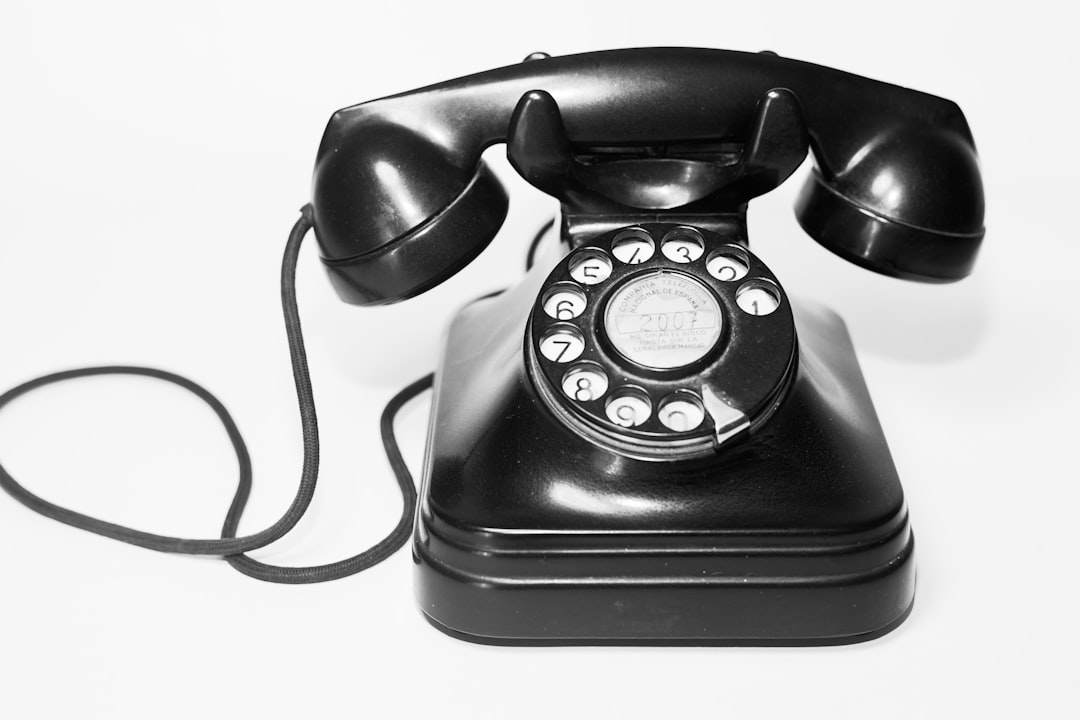In Pennsylvania, medical appointment reminders are vital for patient care and compliance with HIPAA (Health Insurance Portability and Accountability Act) and TCPA (Telemarketing Consumer Protection Act) regulations. Healthcare providers must navigate these laws to protect patient privacy and avoid spam call law firm pitfalls, including severe fines and reputation damage. Effective reminder systems, delivered via secure messaging platforms and automated technologies, reduce no-shows, enhance engagement, and comply with regulations by respecting consent, opt-out choices, and call frequency limits. Robust compliance ensures legal avoidance and improved patient experiences.
In Pennsylvania, medical appointment reminders are not just about improving patient attendance; they are a critical component of healthcare delivery and subject to stringent legal oversight under HIPAA and TCPA. This article delves into these regulations’ nuances in the state, highlighting their impact on patient care and the potential consequences for spam call law firms. We explore best practices for sending secure reminders while protecting patient privacy, ensuring compliance with Pennsylvania’s strict standards.
Understanding HIPAA and TCPA Regulations in Pennsylvania

In Pennsylvania, medical appointment reminders play a crucial role in patient care and compliance with regulations. Healthcare providers must be well-versed in HIPAA (Health Insurance Portability and Accountability Act) and TCPA (Telephone Consumer Protection Act) to ensure their communication practices are compliant. HIPAA safeguards patient privacy and secures protected health information, while TCPA regulates telemarketing and protects consumers from unwanted calls, including spam call law firms.
Understanding these regulations is essential to avoid legal repercussions and maintain a positive patient experience. Medical practices should implement robust systems for appointment reminders, ensuring they meet the standards set by both federal laws. This includes utilizing secure messaging platforms and automated technologies while adhering to specific guidelines on consent, opt-out options, and call frequency to comply with both HIPAA and TCPA in Pennsylvania.
The Role of Medical Appointment Reminders in Patient Care

Medical appointment reminders play a crucial role in enhancing patient care and ensuring better healthcare outcomes in Pennsylvania, where adherence to both HIPAA (Health Insurance Portability and Accountability Act) and TCPA (Telephone Consumer Protection Act) regulations is paramount. These reminders, often delivered via SMS or automated phone calls, serve as a vital link between healthcare providers and their patients. They are designed not only to reduce no-shows but also to improve patient engagement and satisfaction.
By implementing effective appointment reminder systems, medical institutions can foster a more responsive and accessible healthcare environment. This is particularly important in the context of Pennsylvania’s spam call law firms, where strict guidelines govern how health care organizations communicate with patients. Well-timed reminders can help patients remember their appointments, leading to timely diagnoses and treatments. Moreover, these systems can collect valuable patient data while ensuring compliance, allowing healthcare providers to personalize communication and better serve their community.
Legal Implications of Non-Compliance for Call Law Firms

In Pennsylvania, non-compliance with HIPAA (Health Insurance Portability and Accountability Act) and TCPA (Telemarketing Consumer Protection Act) regulations by call law firms can lead to severe legal consequences. These laws are in place to protect sensitive patient data and prevent unsolicited calls, especially those deemed as spam. Call law firms that fail to adhere to these guidelines risk substantial fines and penalties. The HIPAA violation can occur when there is unauthorized disclosure of protected health information (PHI), while TCPA breaches happen due to telemarketing practices that violate the act’s restrictions, particularly regarding automated or prerecorded calls and do-not-call lists.
For spam call law firms in Pennsylvania, the legal implications are significant. Besides potential financial penalties, non-compliance may result in damaged client relationships and a tarnished reputation. Patients have the right to expect their privacy and consent to be respected, making it crucial for law firms to implement robust systems to ensure compliance. Staying within the boundaries of these laws is essential not just to avoid legal repercussions but also to maintain public trust and ethical business practices.
Best Practices for Sending Secure Appointment Reminders

In the healthcare sector, effective appointment reminder systems are essential for maintaining patient engagement and streamlining operations. When sending reminders, healthcare providers in Pennsylvania must adhere to strict regulations to protect patient privacy, specifically under HIPAA (Health Insurance Portability and Accountability Act). One of the best practices is to implement secure messaging platforms that encrypt data transmission, ensuring that sensitive information like medical records and appointment details remain confidential. This prevents unauthorized access, even if messages are intercepted.
Moreover, compliance with the TCPA (Telecommunications Consumer Protection Act) is vital when employing automated reminder systems. Healthcare institutions should obtain explicit consent from patients before sending automated texts or calls, avoiding any potential spam call law firms Pennsylvania might face. Personalized and targeted reminders, tailored to individual patient preferences, can significantly reduce no-shows while maintaining compliance with these critical regulations.
Strategies to Avoid Spam Calls and Protect Patient Privacy

To avoid spam calls and protect patient privacy, healthcare providers in Pennsylvania must adhere to strict guidelines set by both HIPAA (Health Insurance Portability and Accountability Act) and TCPA (Telecommunications Consumer Protection Act). Firstly, implement robust caller ID systems that display only the hospital or practice name, not individual staff members. This reduces the risk of unauthorized calls being made from personal devices.
Secondly, train staff on the importance of obtaining explicit consent before making outbound calls, ensuring compliance with both federal and state laws. Utilizing auto-dialing technology should be done cautiously, as it can trigger TCPA restrictions. Opt for predictive dialers that allow human intervention to avoid inadvertently making spam calls. Regularly review and update call scripts and policies to stay current with legal requirements, particularly regarding data privacy and patient consent.






